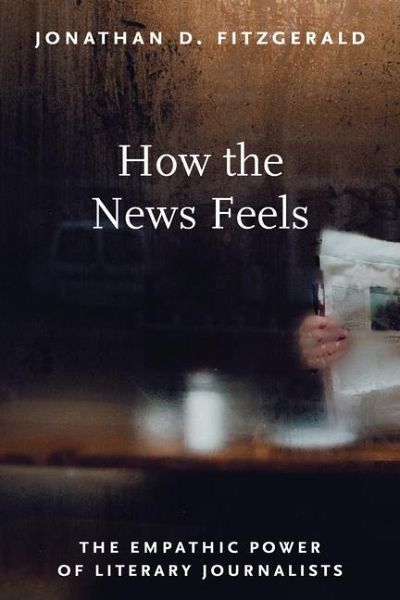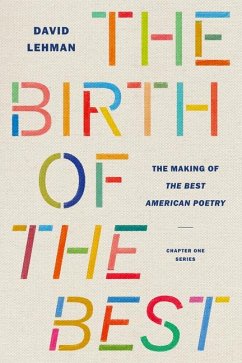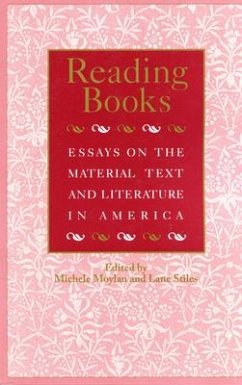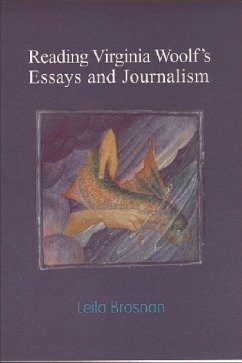
How the News Feels
The Empathic Power of Literary Journalists

PAYBACK Punkte
15 °P sammeln!
"Literary journalism's origins can be traced to the mid-nineteenth century, when it developed alongside the era's sentimental literature. Combining fact-based reporting with the sentimentality of popular fiction, literary journalism encouraged readers to empathize with subjects by presenting more nuanced and engaging stories than typical newspaper coverage. While women writers were central to the formation and ongoing significance of the genre, literary journalism scholarship has largely ignored their contributions. How the News Feels re-centers the work of a range of writers who were active f...
"Literary journalism's origins can be traced to the mid-nineteenth century, when it developed alongside the era's sentimental literature. Combining fact-based reporting with the sentimentality of popular fiction, literary journalism encouraged readers to empathize with subjects by presenting more nuanced and engaging stories than typical newspaper coverage. While women writers were central to the formation and ongoing significance of the genre, literary journalism scholarship has largely ignored their contributions. How the News Feels re-centers the work of a range of writers who were active from the nineteenth century until today, including Margaret Fuller, Nellie Bly, Catharine Williams, Winifred Black, Zora Neal Hurston, Joan Didion, Adrian Nicole LeBlanc, and Alexis Okeowo. Offering intimate access to their subjects' thoughts, motivations, and yearnings, these journalists encouraged readers to empathize with society's outcasts, from asylum inmates and murder suspects to "fallen women" and the working poor. As this carefully researched study shows, these writers succeeded in defining and developing the genre of literary journalism, with stories that inspire action, engender empathy, and narrow the gap between writer, subject, and audience"--












